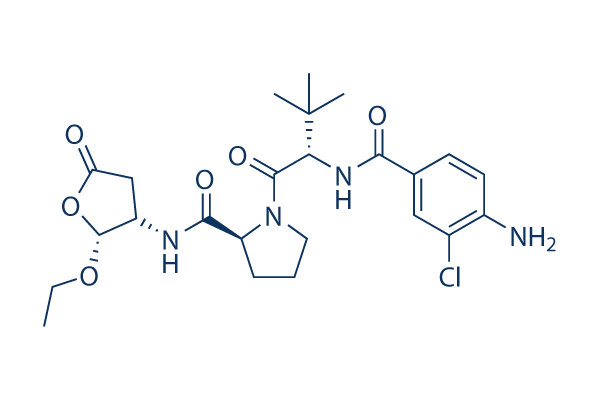Background Hepatocellular carcinoma turns into the fifth most frequent cancer as well as the third most typical bring about of cancer relevant mortality on the earth, preceded only by lung cancer and stomach cancer. Asian nations account for just about 78% with the approximately 600,000 instances of HCC reported globally every 12 months. Whilst the prognosis of individuals with HCC has marginally enhanced, a historical five year survival fee throughout the world continues to be significantly less than 5%, mostly mainly because of a higher prospective for vascular invasion, metastasis, and recurrence even after surgical resection. Numerous approaches happen to be designed, curative result is far from great because of the highly chemoresistant nature in the tumor and also the toxicity of chemotherapeutic agents. Hence, efforts are urgently essential to check out more powerful therapeutic agents for treating HCC. There’s a rising curiosity in dietary substances obtained from normal merchandise simply because of their minimal toxicity.
Emphasis has become positioned on triterpenes, because of their broad spectrum of biological activities. They could selectively or preferentially do away with cancer cells by inhibiting cell cycle progression and by causing apoptosis. A single such triterpene which has acquired broad consideration is lupeol. Considerable investigation over the final 3 decades has revealed various essential selelck kinase inhibitor pharmacological routines of lupeol underneath in vitro and in vivo disorders, including anti inflammation, anti arthritis, anti diabetes, anti heart conditions, anti renal toxicity, anti hepatic toxicity and anti cancer. Lupeol is reported not only to induce differentiation and inhibit the growth of melanoma and leukemia cells, but in addition to inhibit tumor promotion in two stage mouse skin carcinogenesis as a result of modulating NF ?B and PI3 kinase /Akt pathways, and to inhibit growth and induce apoptosis in both prostate and pancreatic cancers.
Latest scientific studies have also proven that lupeol induced apoptosis of HCC cells SMMC7721 by down regulating death receptor three, and in addition had in vivo and in vitro therapeutic impact for HCC by focusing on liver tumor initiating cells by modulating PTEN Akt ABCG2 pathway. Our previous operate also proved anti HCC efficacy of lupeol plus a knowing it com bined result with rTRAIL in inducing chemo sensitization of HCC. Meanwhile, lupeol exhibited incredibly lower toxicity. Lupeol administered orally within a dose of 2 g/kg entire body excess weight has been reported to provide no adverse results in rats and mice. However, the toxicity hasn’t been examined in human. Then again, our former results showed that lupeol could also lower the cell viability with the standard human liver cells with an IC50 of 90 umol/L, suggesting that lupeol could exert toxic impact  on normal cells. Lupeol concentrations of less than thirty umol/L do not have an effect on the normal liver cell viability.
on normal cells. Lupeol concentrations of less than thirty umol/L do not have an effect on the normal liver cell viability.
PDGF Signal
PDGF signal transduction inhibition ameliorates experimental
